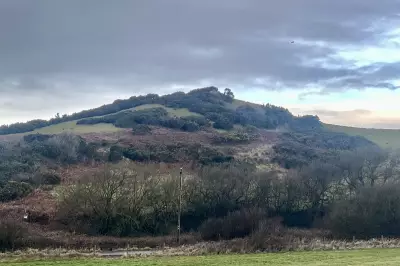
In a groundbreaking discovery, scientists in Boston, Massachusetts, have uncovered a set of ancient human footprints estimated to be over 7,000 years old. The remarkably preserved prints were found in a dried-up riverbed and offer a rare glimpse into early human life in North America.
A Window Into the Past
The footprints, discovered by a team of archaeologists from Boston University, show clear impressions of at least five individuals. Researchers believe these prints were made by a small group of adults and children walking barefoot through what was once a muddy shoreline.
Scientific Significance
What makes this discovery particularly exciting is the exceptional preservation of the prints. "The level of detail is extraordinary," said lead researcher Dr. Emily Sullivan. "We can even see the arch of the foot and individual toes in some specimens."
The team used advanced dating techniques to confirm the age of the footprints, placing them in the Archaic period of North American prehistory. This discovery could reshape our understanding of early human migration patterns in the region.
Preservation Challenges
Archaeologists face a race against time to properly document and preserve the fragile prints. Exposure to modern air and weather conditions threatens to erode these delicate remnants of ancient life.
The research team has implemented special conservation measures, including 3D scanning and protective coverings, to ensure this important piece of history isn't lost to time.
Future Research
Scientists plan to continue studying the site for additional clues about these ancient people. Potential future discoveries could include:
- Evidence of tools or artifacts
- Additional footprints showing group dynamics
- Environmental data about the ancient landscape
This remarkable find adds another chapter to Boston's rich historical tapestry, connecting the modern city with its ancient past in ways never before imagined.





